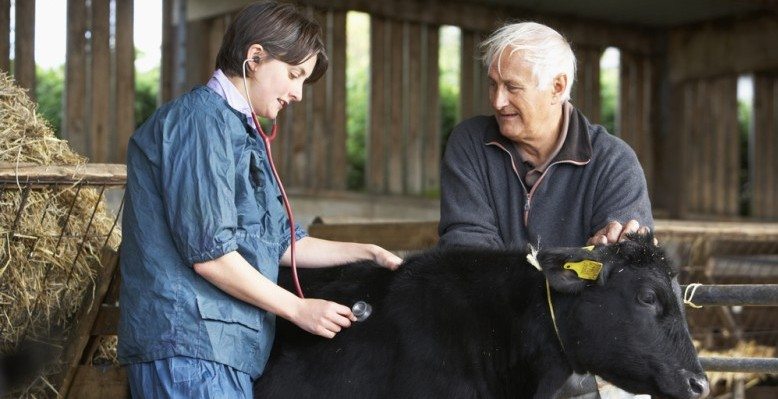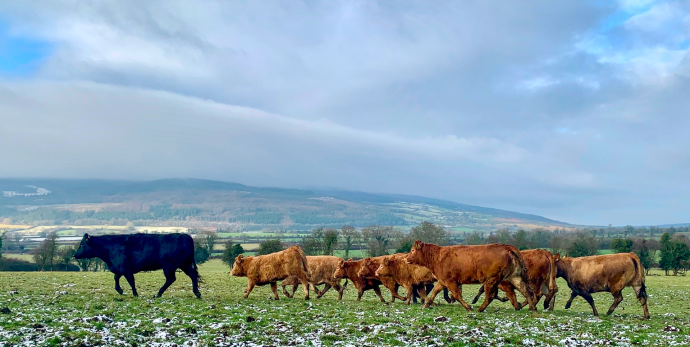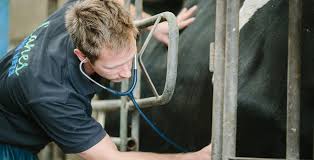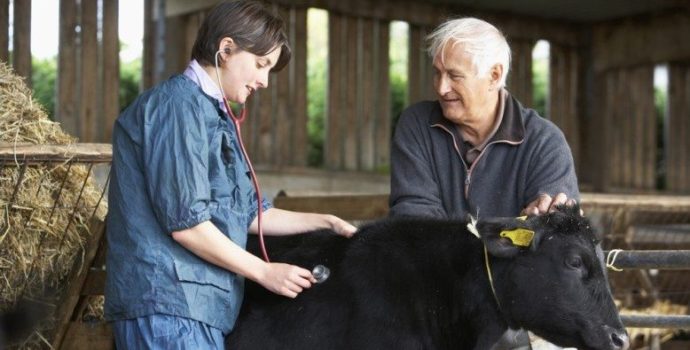Animal Health Reports
Animal Health Council Report September 2021

TB
- The TB Implementation Working Group met on the 10th August, biosecurity advice for farmers, clarification on EU animal health law in relation to movements into restricted herds and risk mitigation plans were discussed
- Purchase In Facilitation to Restricted Herds; A new policy in relation to movements into restricted herds came into effect on the 2nd of August. This change allows restricted farms purchase in animals without the need for a clear herd test.
- IFA secured the removal of the requirement to only purchase from herds within certain risk categories.
- DAFM have agreed to review the requirements following some experience of practical issues on the ground that arise.
- The next meeting of the TB Implementation Working Group will be on the 13th September 2021.
- Key issues for discussion are the proposed 30-day pre/post movement TB test, increased resources for the wildlife Control Programme and the inconclusive policy
- IFA have made a detailed submission seeking a significant increase in the resources for the Wildlife Control Programme
- DAFM are continuing with the remapping of setts nationally with almost 3,000 new sets identified to-date
- DAFM have agreed to implement the Wildlife Control Programme in areas in advance of major infrastructural works taking place
- The Finance Working Group met on the 22nd of July to discuss the estimated cost of proposed changes to the TB programme and the Cost benefit analysis.
- Included is a costing for the additional support payments sought by IFA for farmers
- The issue of farmers labour contribution to the programme is recognised. However. IFA have rejected the estimate of €8.8m provided. IFA estimate the contribution to be conservatively €20m annually
- The Technical Group of Quality Scoring in the Live Valuation will be meeting in early September to discuss the proposed changes to the Quality Scoring of Animals under OFMV and the valuer code of practice.
- IFA continue to set out the key areas that must be addressed in the TB Strategy.
- The COVID TB Testing flexibilities which IFA secured in March 2020 cease on 1st September
- IFA sought a further extension which DAFM rejected.
- IFA have highlighted the positive impact the facilitation of calf sales up 120 days old on the home market has had both in terms of calf welfare and value for both the seller and buyer
- DAFM recognise this and have committed to using the data from the past 15 months to again seek a permanent facilitation within the EU Trade Directive
Latest bovine TB Statistics
BVD
- The next meeting of the BVD IG will be on September 6th.
- IFA support the objective to reach BVD Free Status by 2023, recognising the benefits and the investments of farmers to-date in the programme.
- During the early stages of the new BVD programme IFA identified and raised a number of key issues with the programme including movement under permit, communication, tone and content of restriction letters and appropriateness of actions for restricted herds. IFA have secured commitments from AHI to improve on these areas for the remainder of the programme.
- The next steps for the BVD Implementation group are to review the 2021 programme in detail and to identify effective case detection high level surveillance after ‘Free Status’ is achieved.
Latest BVD Weekly Figures
Veterinary Medicines
- Key issues with the regulations include: Anthelmintics becoming POM in 2022, prophylactic use of antibiotics will be banned (e.g. Blanket Dry Cow Treatment), a prescription for antibiotics will only be valid for 5 days and the issue of who can prescribe.
- Following significant work by IFA, DAFM have adjusted their interpretation of the regulation to allow vets to prescribe a limited amount of antibiotics that will likely be required on farm in advance of diagnosis of a condition.
- Following a recent meeting with the Licensed Merchants, ICOS and Veterinary Pharmacies the IFA position remains that SQP’s must be facilitated in prescribing anthelmintics. This position is supported by licensed merchants and pharmacies.
- Anthelmintics have been classified as POM in all other EU countries since 2007. At the time Ireland availed of a derogation to exclude anthelmintics from POM category. Currently in the UK anthelmintics are classified as POM but SQP’s are facilitated in prescribing them. As NI can continue to avail of SQP prescribing, a two-tier supply system will come into effect on the island. This creates an incentive for illegal trade across the border.
- IFA are calling on the Minister for Agriculture to put in place a system that avoids a two-tier supply system on the island and ensures that licensed merchants and veterinary pharmacies remain actively involved in the provision of advice and sale of anthelmintics
- DAFM are developing an Electronic Prescription System.
- The proposed system has advantages but IFA have raised data concerns with DAFM.
- The access electronic prescriptions could provide for DAFM and others to individual farmers medicines usage is not acceptable. This has been raised directly with senior DAFM personnel
- The VCI prescribing guidance requires vets to have visited the farm inside the previous 30 days to prescribe antibiotics and 90 days to prescribe all other medicines, VCI refuse to recognise laboratory results as adequate information to prescribe for certain products.
- IFA have rejected these recommendations and have raised this with VCI. The Animals Under Care Guidance is currently under review.
- IFA are actively pursuing a reduction in VAT rate on vaccines.
- IFA are involved in developing mechanism for farmers to dispose of unused antibiotics and other veterinary medicines.
Compulsory EID
- DAFM have announced that it will be compulsory to EID tag all calves from July 2022. Additionally, from January 2022 all tag suppliers will supply an EID tag with all new tag orders.
- Compulsory Bovine EID is not an EU requirement. This is a Department of Agriculture decision.
- At an additional cost of €1.05-€1.10, bovine EID tagging adds over €2.5m in direct costs to suckler and dairy farmers for tags alone, before the purchase of readers is factored in.
- EID will not enhance the current cattle traceability systems. The AIM database is already providing an accurate and comprehensive database detailing the origin, identity, movement and life history of all cattle born in or imported into the country without the need for compulsory EID.
- IFA position is that farmers must be provided with adequate funding following the Dept move to introduce compulsory bovine EID tagging from next year and that those farmers with stocks of tags already purchased must be facilitated past the July 1st2022 deadline.
- IFA are seeking financial support for farmers who wish to purchase an EID reader
Johnes
- Infection rates remain very low.
- The focus for 2021 is to encourage participation in the programme as participation remains very low.
- Anyone contacted by DAFM in relation to a positive Bulk Milk Test should not panic and should seek information from AHI and their vet and they should be encouraged to join the programme.



